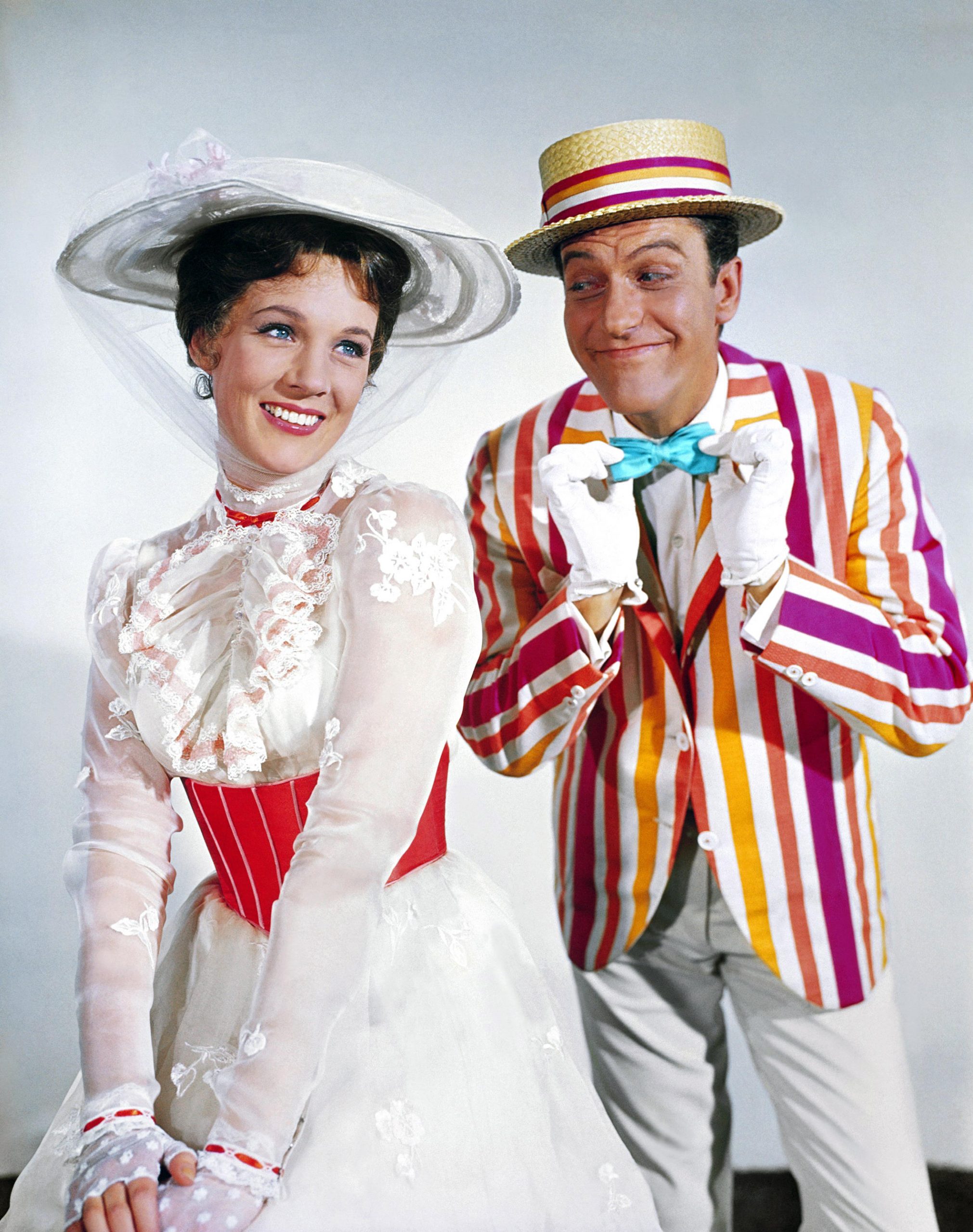The beloved Disney film Mary Poppins has had its age rating increased due to its use of ‘discriminatory language’.
Movie ratings exist to try to keep innocent minds safe from unsuitable content, like violence or raunchiness.
However, rating movies is not an exact science and often comes down to some rather subjective decision-making.
Sometimes, ratings are dependent on context, such as when a film was made.
And now, the British Board of Film Classification has increased its age rating for the classic Disney movie, 1964’s Mary Poppins – and people have had a lot to say about it.
Related Article: Disney Fans Stunned After Finding Out Part Of Iconic Intro Animation ‘Was All In Their Imagination’
Related Article: Shrek Fan Spots ‘Traumatising’ Rude Moment In Lord Farquaad Scene That We All Missed
Fans have taken to social media to protest the change in Mary Poppins’ age rating.
One writes: “Now contains the song ‘A spoonful of wokeness helps the ratings go up’.”
Another points out: “Does anyone bother with the age guidance they didn’t in the 90s when I was six years old watching Hellraiser!”
“If this is where the world is going we may as well give up now!” a third pens.
The backlash also spilt over onto X, formerly Twitter, with one user writing: “The BBFC raising the rating of Mary Poppins from a U to a PG 60 years after it was made, for discriminatory language… a word probably most people who’ve seen the film can’t remember hearing and don’t know what it is. Clown Shoes!”

The British Board of Film Classification has officially upped Mary Poppins’ age classification from a U to a PG.
“We originally classified Mary Poppins U on its release in 1964, and again in 2013 for a theatrical re-release. Most recently, the film was resubmitted to us in February 2024 for another theatrical re-release, and we reclassified it PG for discriminatory language,” the board states to Metro.
“While Mary Poppins has a historical context, the use of discriminatory language is not condemned, and ultimately exceeds our guidelines for acceptable language at U. We, therefore, classified the film PG for discriminatory language.
“For context, we only review (and potentially reclassify) previously classified content when it’s been formally resubmitted to us.”
Related Article: James Bond Books Are Being Rewritten To Remove ‘Offensive’ Content
Related Article: Keira Knightley Had Years Of Therapy After The ‘Trauma’ Of Starring In Pirates Of The Caribbean
So, the movie’s age rating has changed in the UK due to its use of the outdated and non-politically correct term ‘Hottentot’, which features in the movie twice.
As per Oxford Reference, it is: “Used to refer to Khoekhoe peoples of South Africa and Namibia. The term comes from Dutch, perhaps a repetitive formula in a Nama dancing song, transferred by Dutch sailors to the people themselves, or from German hotteren-totteren ‘stutter’ (with reference to their click language).
“The word Hottentot was first recorded in the late 17th century and was a name applied by white Europeans to the Khoekhoe. It is now regarded as offensive with reference to people and should always be avoided in favour of Khoekhoe or the names of particular people. The only standard use for Hottentot in modern use is in the names of animals and plants.”
Admiral Boom, portrayed by Reginald Owen, uses the word in the film, directly referring to the Khoekhoe people each time.
In one instance, Boom refers to the chimney sweeps, whose faces are blackened with soot, with the derogatory term.
Do you have a story for us? If so, email us at [email protected]. All contact will be treated in confidence.






